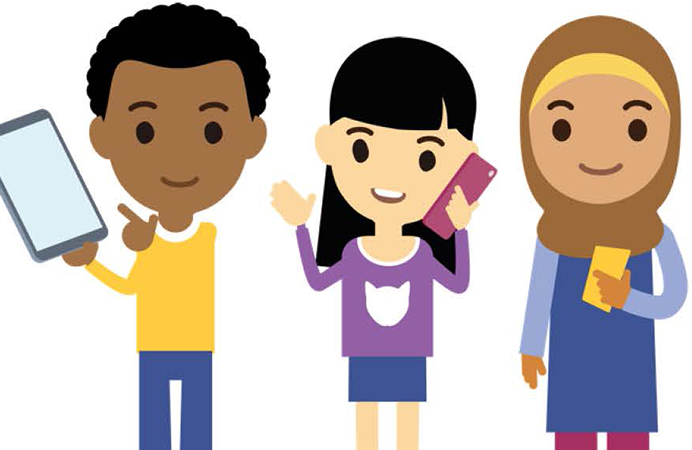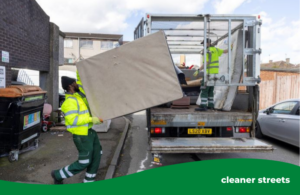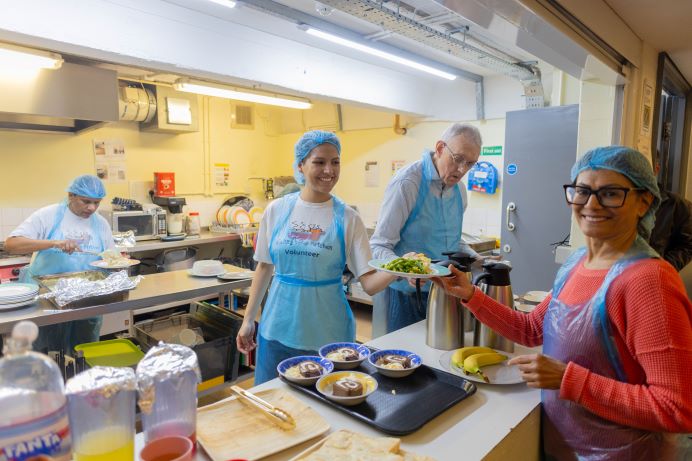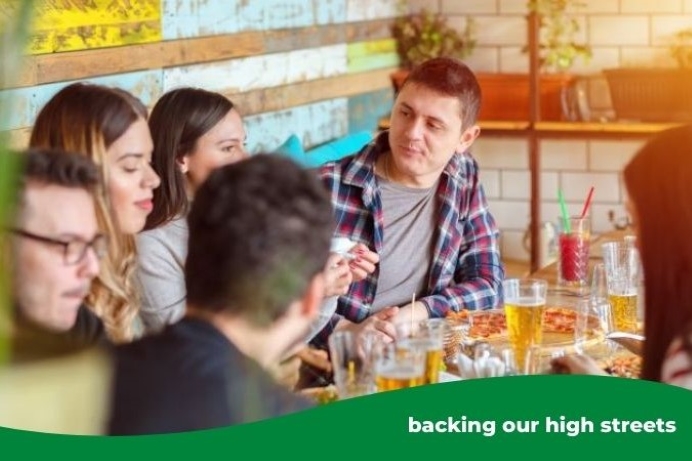With children spending more time at home and online during the coronavirus lockdown, there is a concern they are more exposed to the threat of online abuse – especially if parents and carers are busy working and unable to watch everything they are doing.
Councillor Yvonne Johnson, Ealing Council’s deputy leader and cabinet member for children and schools, said: “It’s vital that we are extra vigilant about keeping children safe during this time, when many children will find themselves spending more time interacting online with others.
“There are many resources available to support parents; and help available to educate children of the real potential dangers online, such as people posing to be someone they are not. A simple check on what content your child has access to, or talking to them about online safety, would be very valuable.”
Useful online resources
Thinkuknow is a website set up by the National Crime Agency designed to provide children, parents and guardians advice on how to keep children safe online – including information specifically for families teaching children at home during the lockdown.
The website contains audience-appropriate microsites based on the following age groups:
- Four-seven
- Eight-10
- 11-13
- 14+
The site is tailored to each group with suitable activities, videos and games – including simple 15-minute activities for parents and carers to do with their children. New activities are released regularly, can easily be integrated into home schooling and have been specifically designed to be fun, yet educational.
Parent Info gives support and guidance to help families cope with the digital world – provided by leading experts and organisations.
Specific articles have been created to help families during this difficult time, including:
- Coronavirus – how to help children spot fake news
- How to look after your family’s mental health when you are stuck indoors
- Quarantined: Helping teenagers cope with lockdown.
Worried abuse is taking place?
The Stop It Now! helpline 0808 1000 900 offers confidential advice to anyone concerned about their own or someone else’s behaviour towards children. Donald Findlater, director of Stop It Now!, said: “With normal life so different for all of us, parents are more than ever at the forefront of keeping their children safe online and offline, and knowing where to get help and support is vital.”
If you are concerned about a child or young person’s welfare or safety call the council on 020 8825 8000.
If you are concerned a crime has been committed against a child or that a child is in imminent danger, you should contact the police on 999.
More details on getting help if you are concerned for a child’s welfare can be found on the council’s website.





